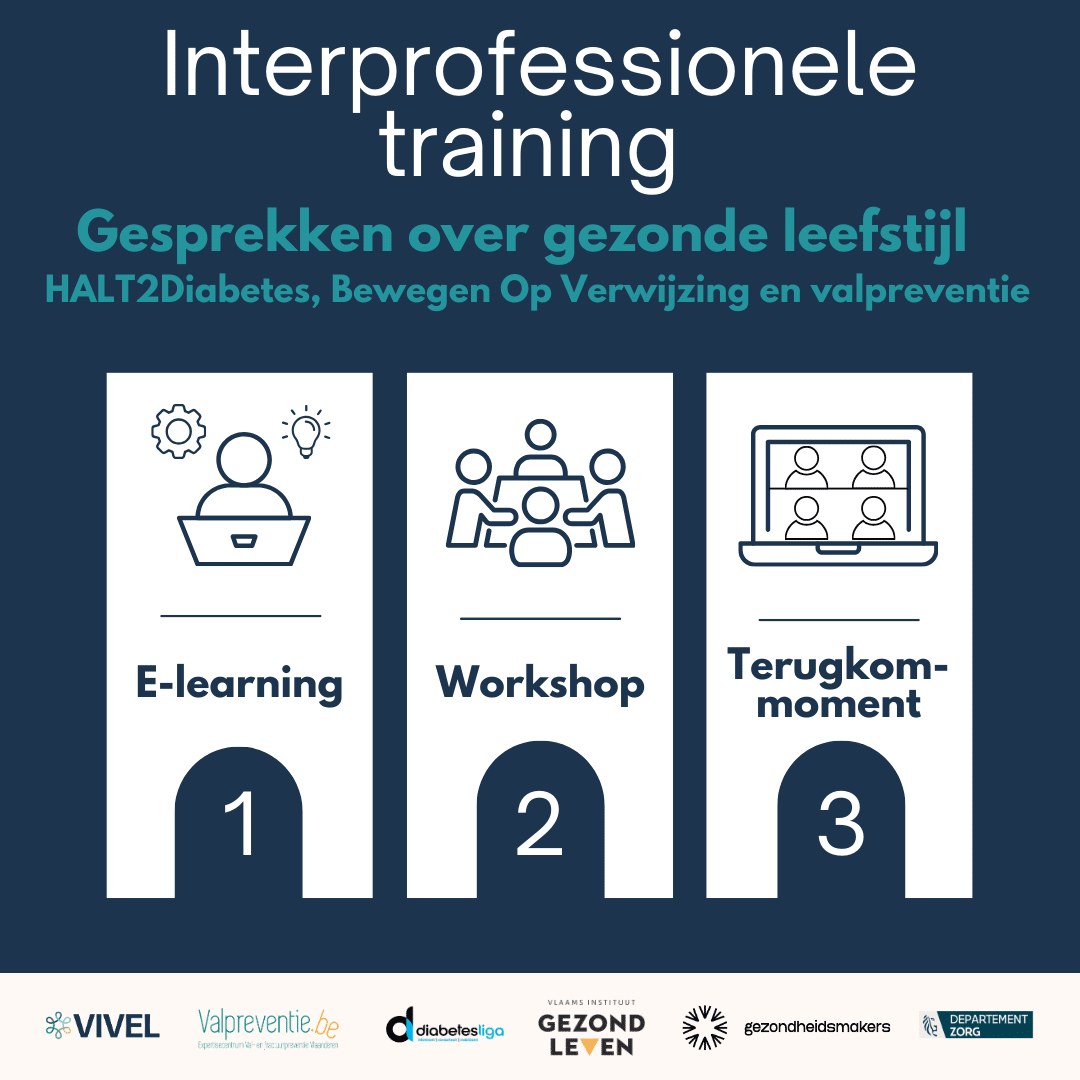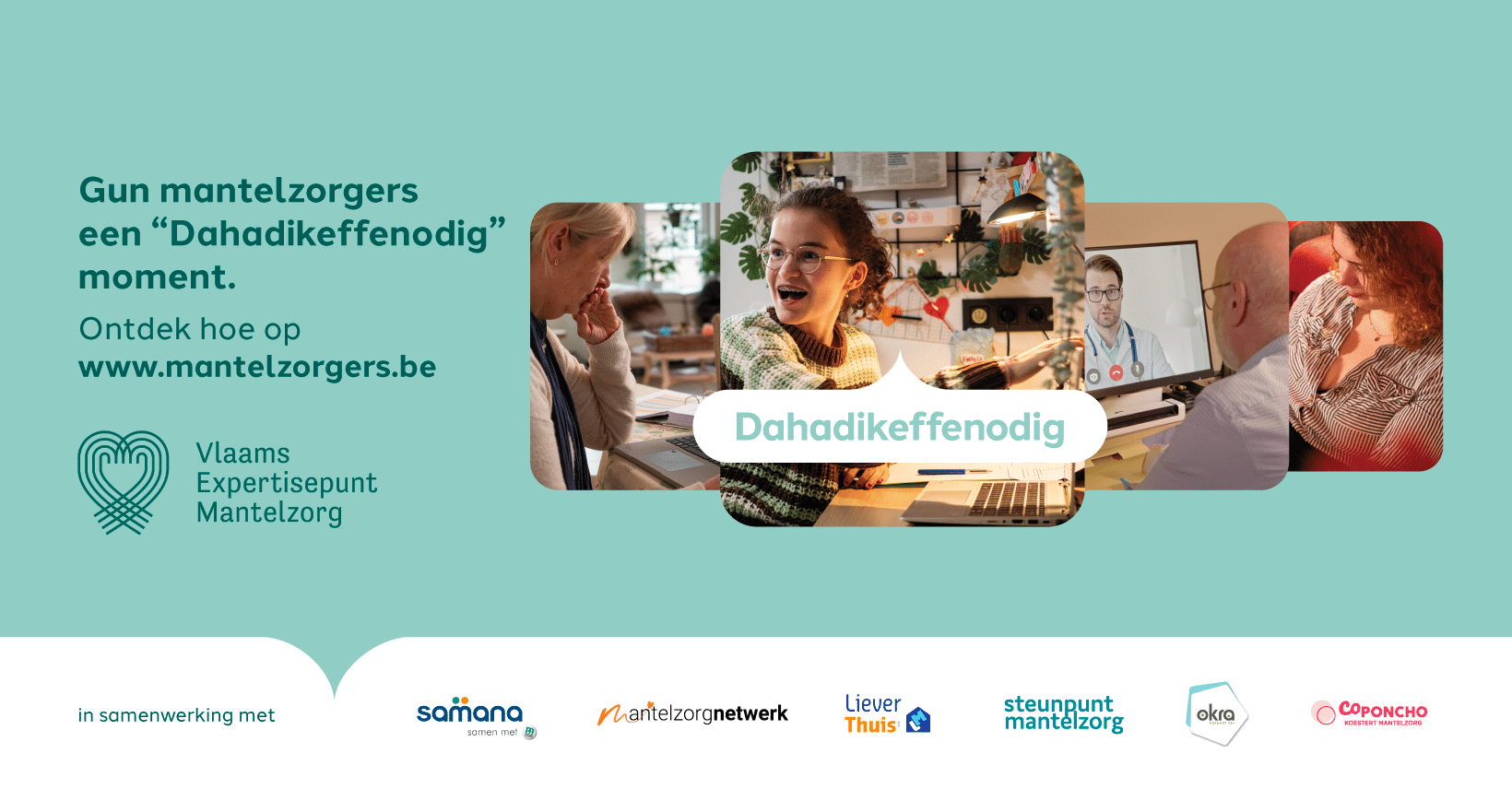Het evenement bracht medewerkers en bestuursleden van zorgraden en talrijke partners bij elkaar voor een dag vol inspiratie, kennisdeling en netwerkmogelijkheden.
De dag werd krachtig afgetrapt met een inspirerende keynote door Ann Wauters, die haar inzichten rond drie essentiële pijlers deelde: veerkracht, leiderschap en samenwerking. Haar persoonlijke en professionele ervaringen boden het publiek een frisse kijk op deze thema’s, en legden een stevige basis voor de rest van de dag.
Na de inspirerende keynote bleef de focus op samenwerking centraal staan. Maar liefst 35 organisaties hadden een beurstand, waar ze hun werking konden voorstellen aan de deelnemers. Dankzij een handige netwerkapp werd deze interactie verder gestimuleerd.
In de namiddag gingen we dieper in op 3 thema’s: poolen van middelen en personeel, team- en zelfzorg, Digitale en communicatieve kwetsbaarheid. De theoretische kennissessies van één uur boden waardevolle inzichten en actuele voorbeelden uit de praktijk. Na een korte pauze volgden interactieve doe-sessies, waarin deelnemers actief aan de slag gingen met concrete cases, oefeningen en discussie. Dit bood de kans om de opgedane kennis meteen in de praktijk te brengen en ervaringen uit te wisselen.
De netwerkreceptie vormde het perfecte sluitstuk van een dag vol waardevolle ontmoetingen en inzichten.
Bekijk hier alvast enkele foto’s:
Contact
Vragen over een bepaald topic? Vul onderstaand formulier in en contaceer ons.


